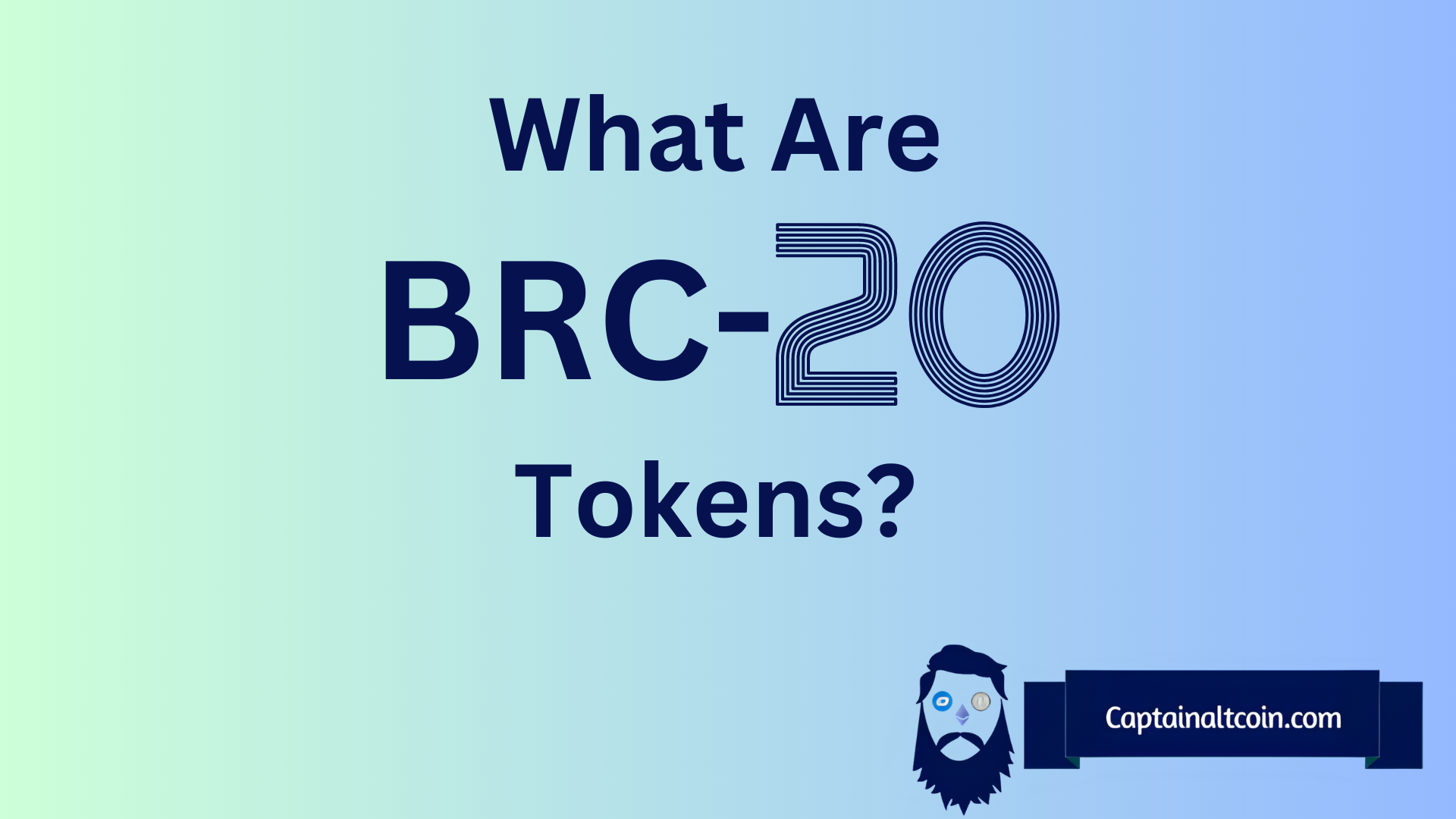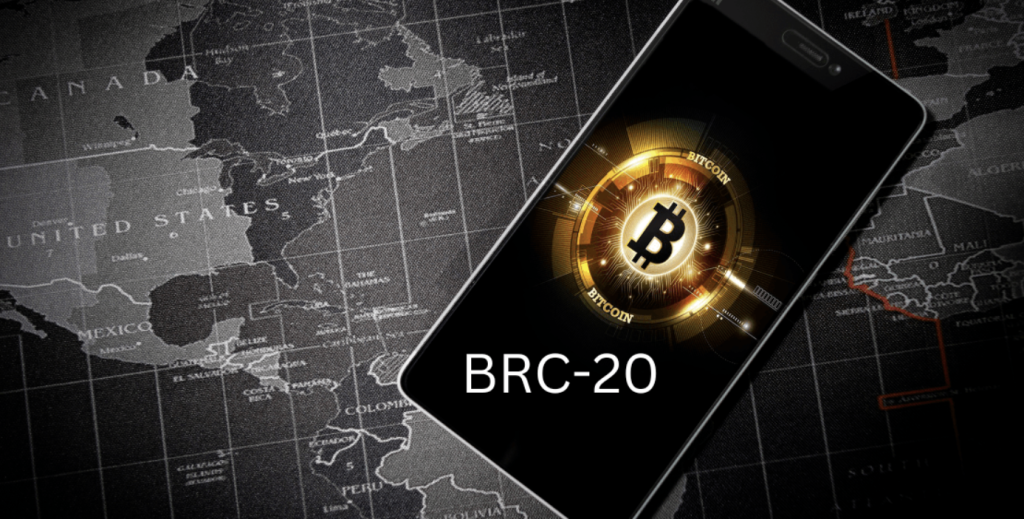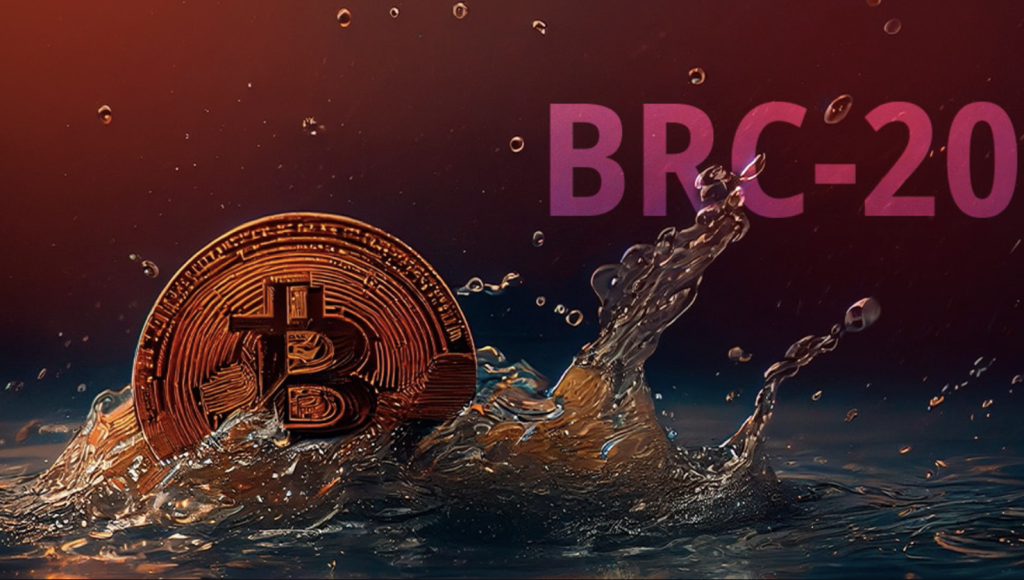
BRC-20 tokens are quickly becoming the talk of the crypto world. Developed in March 2023 by anonymous programmer Domo, BRC-20 tokens are a new type of asset created and stored on the Bitcoin network.
The whitepaper and code for these tokens allow them to be minted and traded using Bitcoin with satoshis as the smallest unit of measure. They were named after ERC-20, which is an Ethereum token standard used to tokenize different assets around the world.
Investors who are interested in getting involved with BRC-20 tokens should look into what actually drives them – how they work, how they’re valued, and how they fit into their overall portfolio strategy.
Placing this asset alongside traditional markets can yield interesting insights into its performance compared to other assets in one’s portfolio. Knowing all this is key to understanding why BRC-20 tokens have become so popular among investors seeking a piece of the latest digital gold rush.
| Topic | Summary |
|---|---|
| 🌐 BRC-20 Tokens | Developed in March 2023 by an anonymous programmer named Domo, these are a new type of asset created and stored on the Bitcoin network. They can be minted and traded using Bitcoin with satoshis as the smallest unit of measure. |
| 📈 Investor Interest | Investors interested in BRC-20 tokens should understand how they work, how they’re valued, and how they fit into their overall portfolio strategy. |
| 🚀 First BRC-20 Token | The first token contract deployed on the BRC-20 platform was the “ordi” token, with a limit of 1,000 tokens per mint and a total of 21,000,000 tokens. All 21 million tokens were issued within 18 hours of deployment. |
| 🐸 Meme Economy | BRC-20 tokens have become popular in the meme economy. The top three memecoins, “ordi”, “Pepe”, and “Meme”, account for approximately 50% of the market share. |
| 🔮 Future Outlook | The introduction of BRC-20 tokens is seen as a new era of experimentation. Despite some setbacks, such as an exploit in the Unisat wallet, many in the cryptocurrency space are hopeful that this will spur innovation and improvements in security. |
| 🎮 Existing Token Standards | There are already established token standards in the Bitcoin blockchain for creating assets like gaming items or stablecoins, such as the Liquid Network’s AMP assets and Taro, a Taproot-powered protocol. |
The first BRC-20 Token (ordi)
The first token contract deployed on the BRC-20 platform was the “ordi” token, which had a limit of 1,000 tokens per mint and a 21,000,000 token total. This initial launch was fully subscribed fairly quickly by wallet providers such as Unisat creating necessary tooling to facilitate trading and use within their platforms.

Within 18 hours of deployment, all 21 million tokens had been issued with additional pending mints for another 1.5 million tokens reaching their limit.
This efficiency demonstrated the potential for BRC-20 to become an important asset class in the rapidly developing cryptocurrency arena. It also provided further incentive for other entities to join projects built on this technology as it proved to be convenient and easy to use in comparison with more traditional methods of buying and selling digital assets.
Bitcoin BRC-20 Token Standard Becomes a New Destination for Meme Tokens
In the last few months, Bitcoin’s BRC-20 token standard has become very popular in the cryptocurrency world. With the growing demand for meme tokens, such as Pepecoin, the need for a secure and reliable platform has increased drastically. The BRC-20 token standard provides an efficient and low cost way to create and hold assets on blockchain that can then be used as a store of value or traded in digital markets.
The technology behind this standard is built on smart contracts embedded in Bitcoin blocks. This means that users don’t have to rely on third party investors or exchanges when they’re transacting with these tokens. In addition to its advantages in cost, convenience and security, people are also drawn to its simplicity.
All transactions are made simple by only two rules–sending tokens from one address to another and approving them from any Ethereum wallet–-meaning there’s no need for specialized code knowledge or experience for users to take part in this process.
Plus, BRC-20 isn’t subject to regulatory compliance requirements like other cryptocurrencies, so anyone interested can participate without worry of repercussion or interference from outside forces.
What do BRC-20 Tokens Represent?
BRC-20 tokens primarily represent the ‘meme’ economy, a form of digital asset created and traded among its users as part of popular culture.
Also known as ‘memecoins’, these BRC-20 tokens have become increasingly popular since their introduction to the cryptocurrency market just a few months ago. Since launch, over 3,400 memecoins have been issued with a total market capitalization nearing $17.5 million.
The top three memecoins currently account for approximately 50% of the market share. These are led by “ordi”, representing ordinals; “Pepe” which references the infamous Pepe The Frog meme; and “Meme” which is self-explanatory in its identity.
By owning and trading any one these coins or others minted using the BRC-20 standard, holders are expressing themselves within a culture that itself is constantly changing and respects creativity and uniqueness. Such comments evidence how BRC-20 tokens help define what it means to exist in pop culture today.
The Outlook for BRC-20 Tokens
The introduction of BRC-20 tokens, a new set of fungible tokens on Bitcoin’s base layer, is ushering in a new era of experimentation. This effort to use Bitcoin for issuing and trading these tokens has been seen before with the Colored Coins protocol from 2012, but this time it seems that there is more potential as developers try to improve upon what the previous effort couldn’t accomplish.

The tooling around BRC-20 tokens is still very primitive at this point, but the Unisat wallet which was one of the most popular options for storing and transferring these tokens experienced an exploit on April 23rd 2023 that caused concern among users and developers.
Although it seemed like a setback, many in the cryptocurrency space are hopeful that this will help spur innovation as well as new improvements to enhance security when it comes to BRC-20 tokens.
As fees on Bitcoin decline and its programmability advances, this could open up opportunities for creating more efficient fungible token issuance platforms. We’ll just need to wait and see if developers can deliver on these promises over the long term.
Token standards that already exist in the bitcoin ecosystem
If you’re looking to create assets on the Bitcoin blockchain, such as gaming items or stablecoins, there are already established token standards in place to do so without clogging up the base chain.
For example, the Liquid Network has AMP assets, which allow users to create their own assets like gaming currencies or vouchers. Blockstream’s asset issuer also allows for more complex products like tokenized debt. Additionally, Taro is a Taproot-powered protocol for issuing assets on the Bitcoin blockchain that can be transferred over the Lightning Network for instant, high-volume, low-fee transactions.
The RGB network also offers a token standard, RGB-20, that allows users to create their own tokens that can move on Bitcoin and Lightning rails. Lastly, Pear Credit is a P2P open protocol that enables anyone to issue centralized credit tokens without a blockchain, using Hypercore designs that are interoperable with Bitcoin and the Lightning Network.
CaptainAltcoin’s writers and guest post authors may or may not have a vested interest in any of the mentioned projects and businesses. None of the content on CaptainAltcoin is investment advice nor is it a replacement for advice from a certified financial planner. The views expressed in this article are those of the author and do not necessarily reflect the official policy or position of CaptainAltcoin.com


